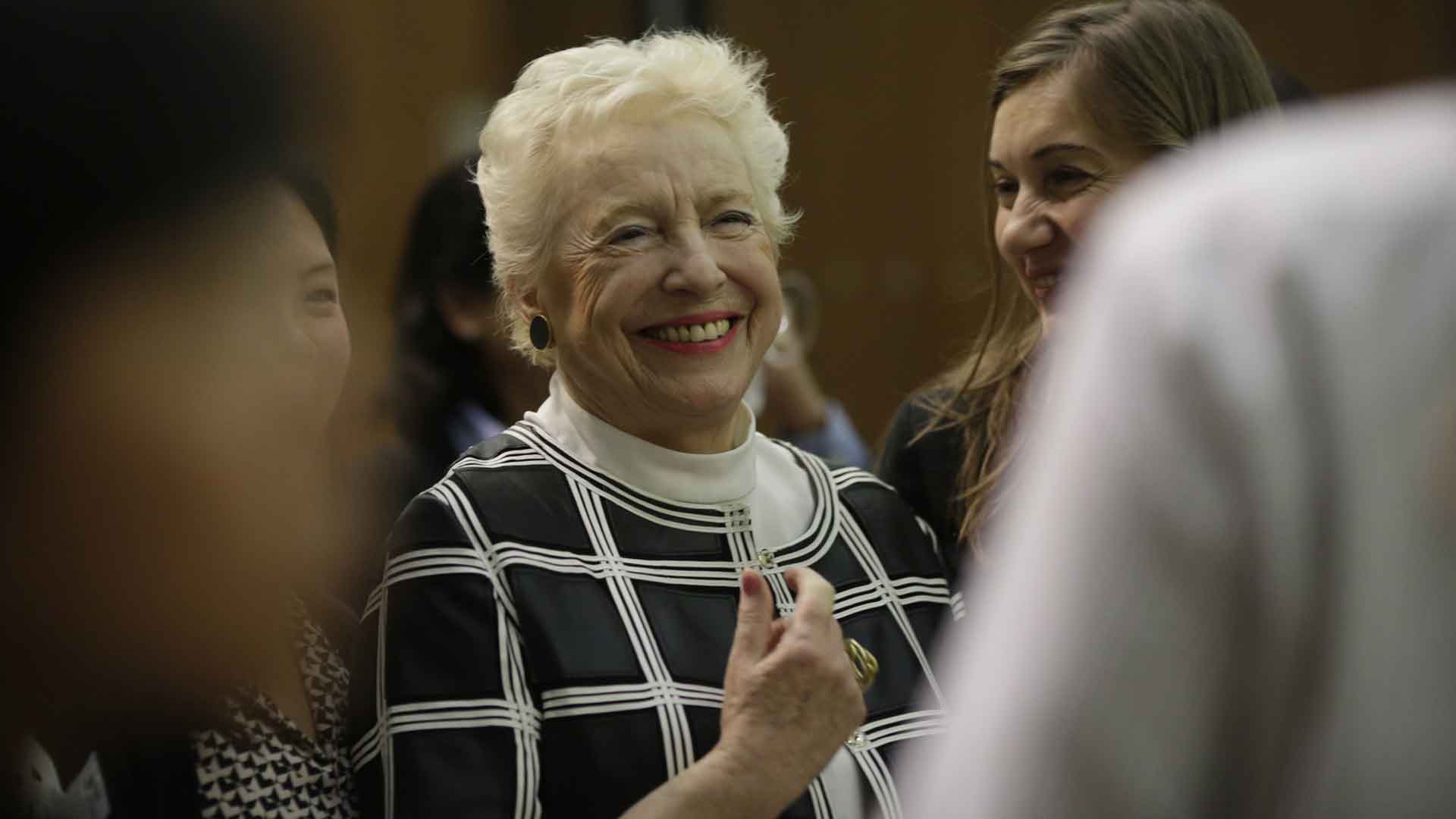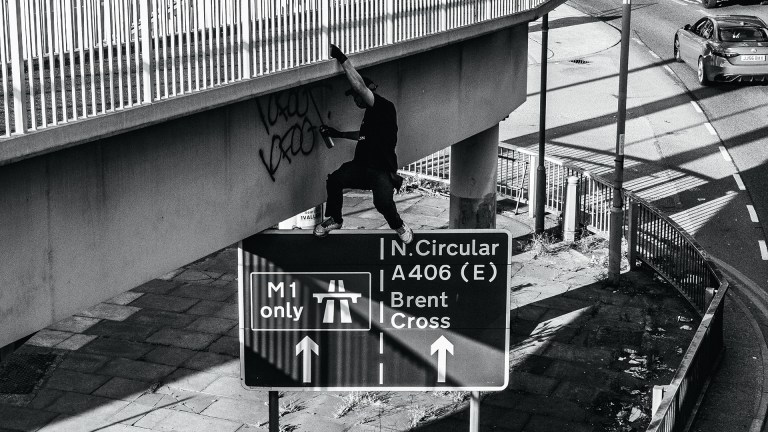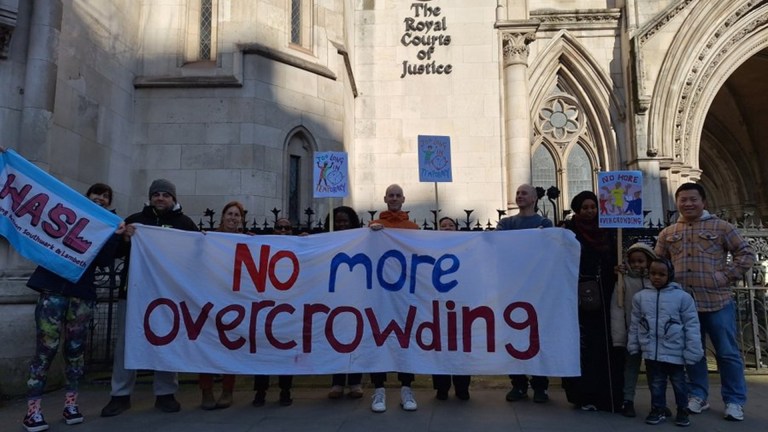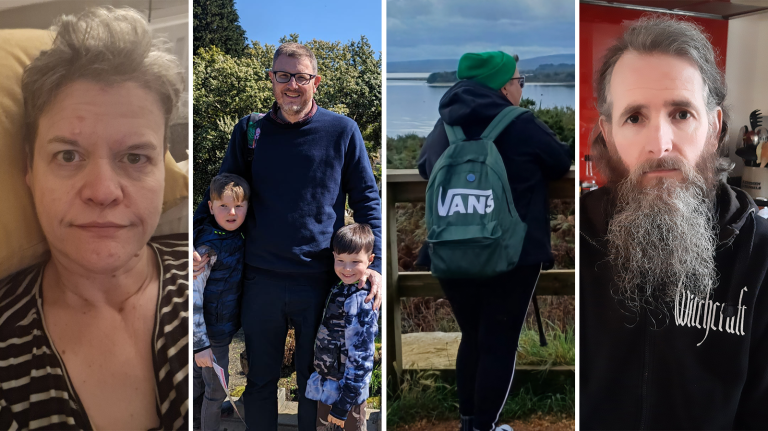I think I was a bit of an odd teenager, desperately trying to conform. I do believe character is moulded very early in life. I was an unaccompanied [Kindertransport] child refugee [sent from Germany to live in England in 1939] and that left me with a very odd childhood. I was fi ve years old when I arrived. I was lucky because I was clutching the hand of my nine-year-old sister, poor thing, who had the responsibility to me as well. We had a new nationality, new food, new language, new parents. It was traumatic and it took me many years to get over that trauma. Literally, six years of analysis at a very good clinic. Because it really mucks your life up.
I remember someone saying to me, aren’t you lucky to be saved. Which is not a healthy thing to say to a child. It left me with this strong feeling that I had to make something of my life, that I had to make sure the life that was saved was worth saving. Already in my teens I was beginning to get that serious intention that I mustn’t fritter the day away. What was I going to do that day to make it worthwhile, how could I make it better than the day before? That feeling has stayed with me all my life, right up until today.
I think in my teens I was already starting to be charitable. I remember doing things to support a little animal charity. I was aware that so many strangers have given to me that I had to give back. I’ve done that all my life, whether it’s advice or contacts or money. I didn’t have much money until recently but those childhood motivators have never changed. Obviously I can get frivolous about clothes and things like that but I do know the spiritual side of life, the non-material things – the art, the literature, the friendship, the love – these are so important to me. I have tried to live a spiritual life. I don’t think I would have been very happy if I hadn’t given much of my money away [around £70m of her personal wealth]. I could have had a lot of great paintings on the wall and a very nice wardrobe. But my husband wouldn’t like that, and I don’t think I’d have liked it either.
I had a lovely relationship with my foster parents. I am their child in all but birth. I had all their values. We were lucky in that both of my [biological] parents survived and we were reunited. I lived with my mother again for some years. But we never really bonded again. I was enormously proud, particularly of my father, who was a brilliant man. But I never really knew him as a person.
The culture when I started working was that women were not expected to do serious things
I went to a Roman Catholic primary school. The nuns were lay teachers, and the values they gave me were terrifi c. But they were suffi ciently professional enough to say to my parents after a couple of years, look, your child is gifted in mathematics. We cannot teach her, she’ll have to go somewhere else. So I got a scholarship and went to a very good grammar school. And I thrived there. It was intellectually challenging, I loved it. I would have loved to go to university but again, that wasn’t really possible. We were poor and I needed to start making money. When I was a teenager I was going to be the world’s greatest mathematician. I was going to work in an academic environment and find out new theorems and theories. I did actually start work after school as a mathematical clerk, but I soon realised I didn’t have it in me to do that sort of work. I was lucky that the computer industry came along and I really was able to contribute. I decided almost overnight, it’s not maths, I’m going to work in computing.










